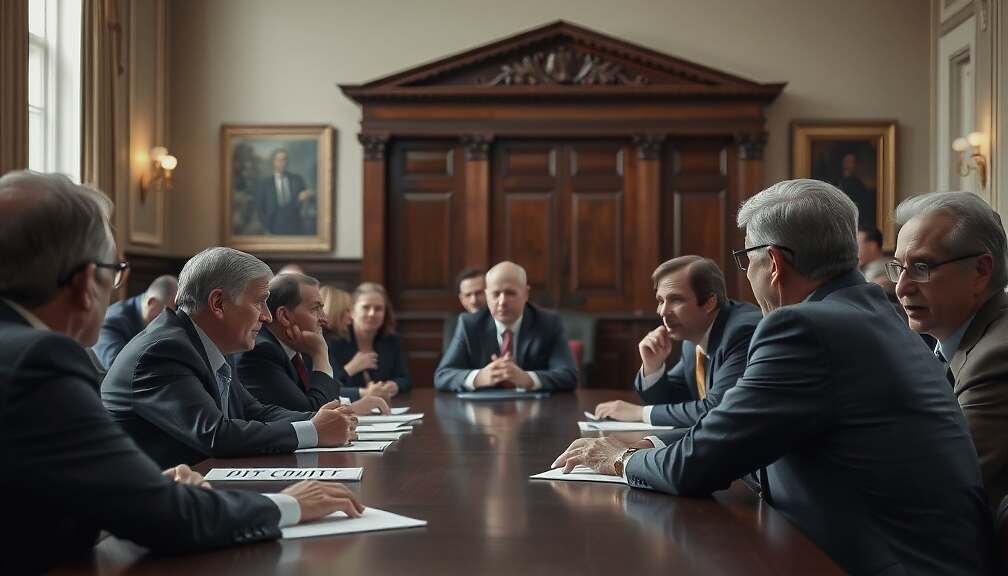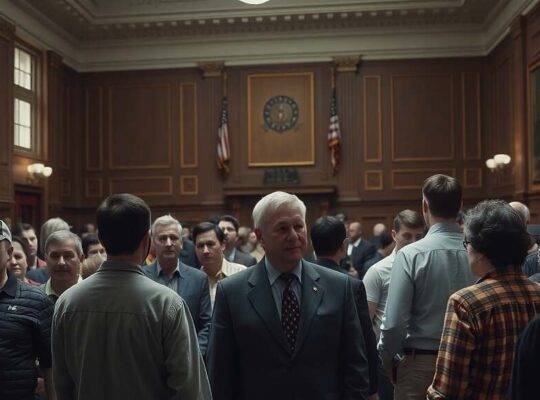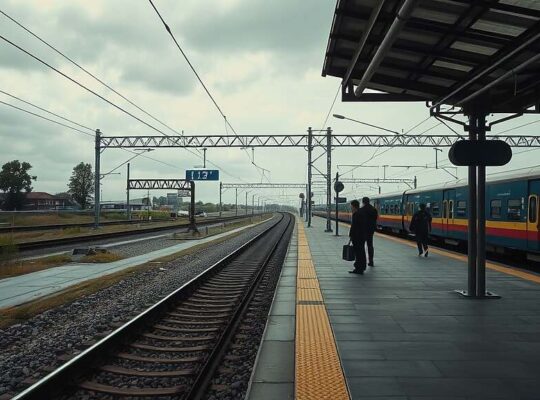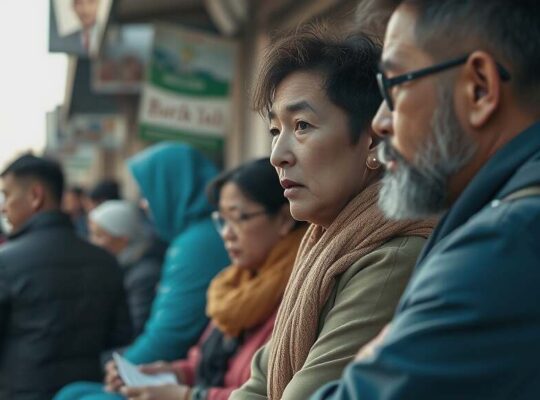A proposal by Bodo Ramelow, Vice President of the German Bundestag, to replace the German national anthem with a children’s hymn by Bertolt Brecht and put the national flag to a vote has drawn criticism from across the political spectrum.
Michael Kretschmer, Minister President of Saxony, stated that the anthem and flag represent freedom, democracy and German unity, connecting East and West Germany. He emphasized that for many East Germans, these symbols are strongly associated with the peaceful revolution and therefore should not be questioned.
Within the Presidium of the Bundestag, Ramelow’s initiative was also met with resistance. A spokesperson for Bundestag President Julia Klöckner indicated no intention to modify either the national anthem or the flag.
Andrea Lindholz, a Deputy President of the Bundestag, strongly criticized Ramelow, asserting that his suggestion violates his duty to maintain neutrality and that such a debate would not address existing differences between East and West Germany.
Elisabeth Kaiser, the Federal Government’s Commissioner for Eastern Germany, also deemed the debate unnecessary, arguing that the country faces more pressing political challenges and should focus on unifying factors.
Katrin Göring-Eckardt, a former Vice President of the Bundestag, described Ramelow’s proposals as a symbolic debate, drawing parallels to the former East German anthem and noting a historical lack of strong interest in a unified constitution amongst East Germans.
Carsten Linnemann, General Secretary of the CDU, accused Ramelow of initiating a “culture war” asserting that the flag and anthem represent German democracy, fundamental rights and the rule of law. He suggested those who question these symbols are fundamentally at odds with the country’s democratic foundations.












